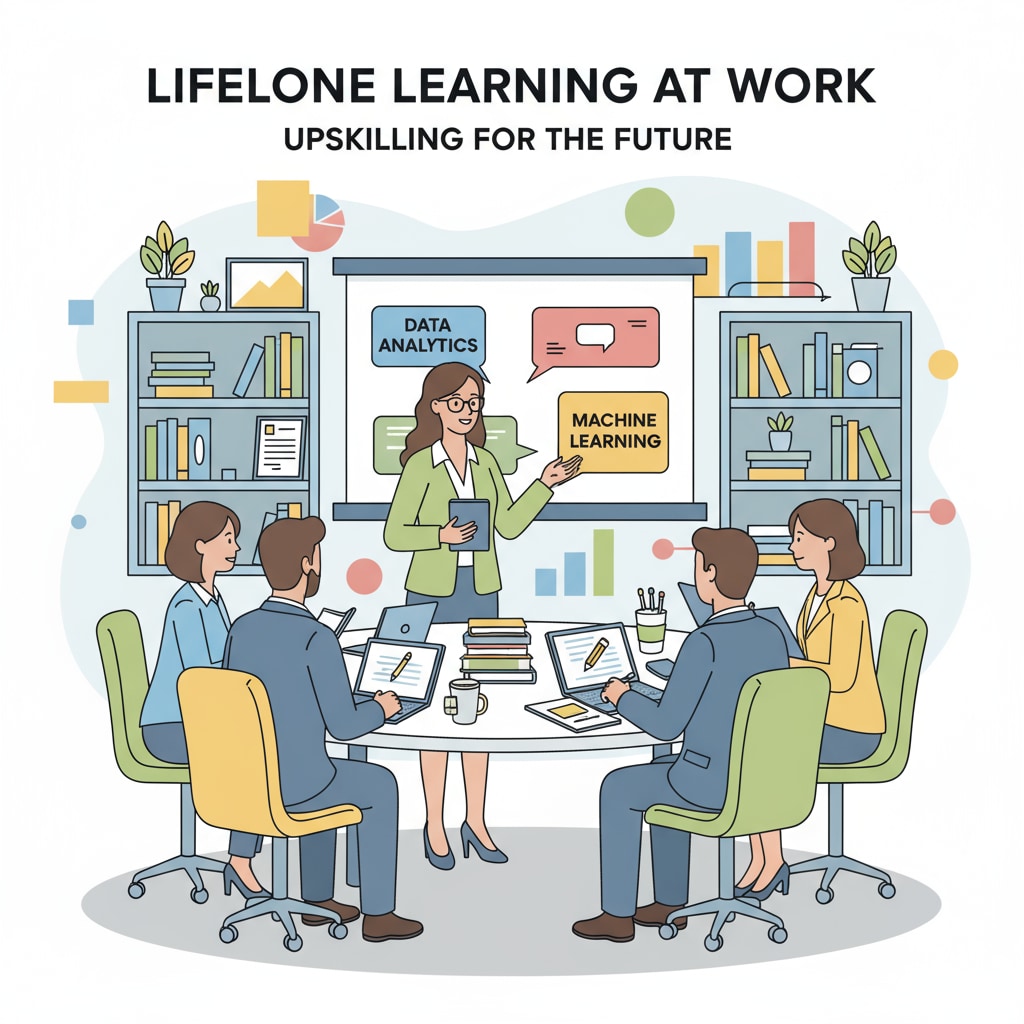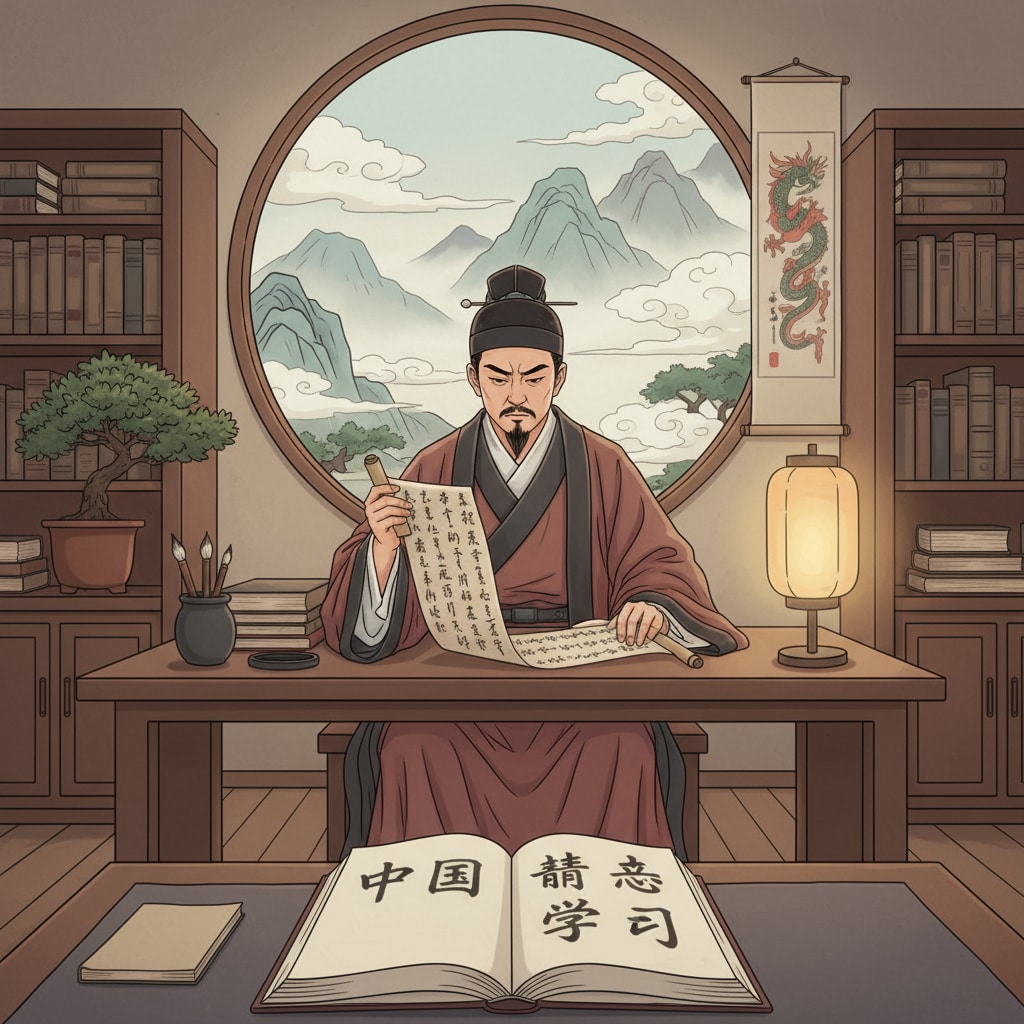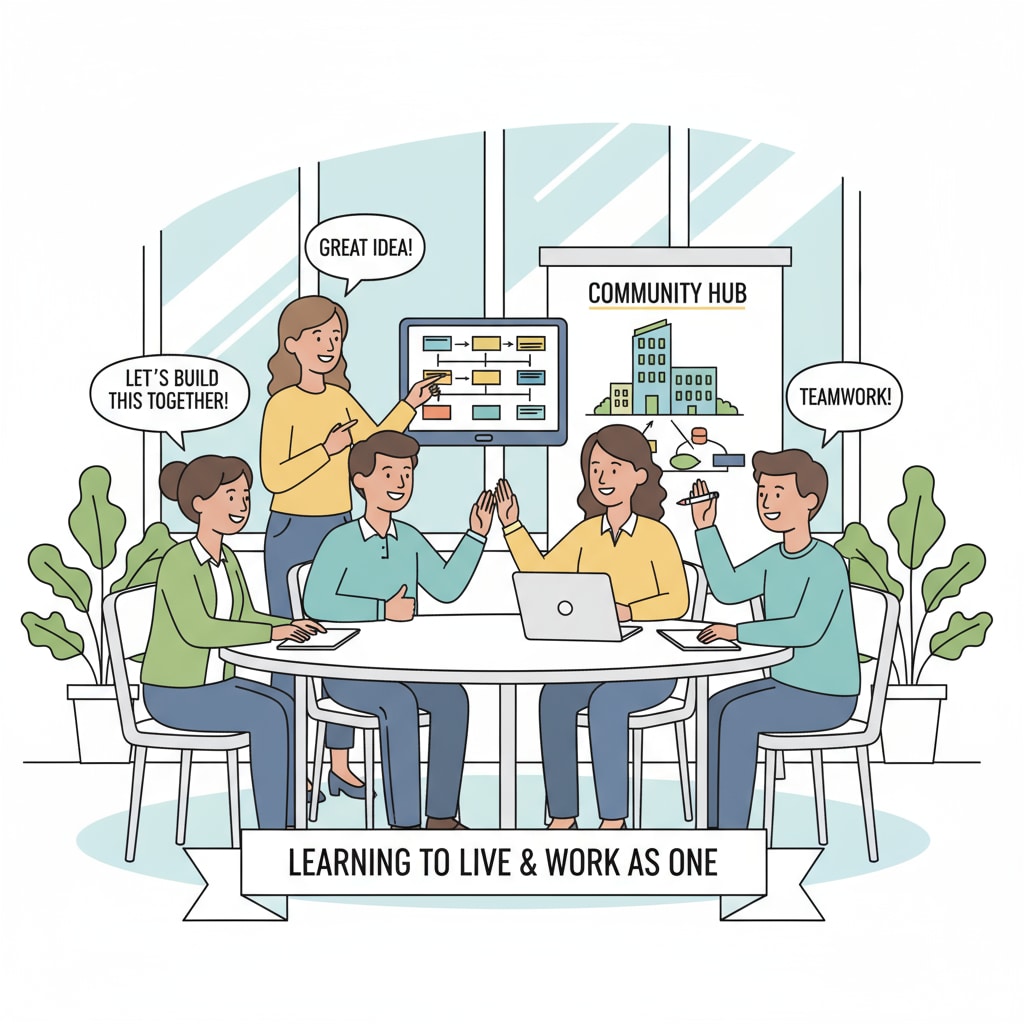In the dynamic landscape of the modern workplace, the concepts of lifelong learning, Chinese philosophy, and career growth are intertwined. The four pillars of lifelong learning, as proposed by UNESCO, offer a profound framework, and when blended with the wisdom of Chinese philosophy, they provide invaluable guidance for professionals.

The Pillar of Learning to Know and Chinese Wisdom
The first pillar, learning to know, emphasizes the acquisition of knowledge. In Chinese philosophy, Confucius believed in the pursuit of knowledge throughout life. “Learning without thought is labor lost; thought without learning is perilous,” he said. This aligns with the modern idea that in the workplace, we need to not only gather information but also think critically about it. For example, in a rapidly evolving industry like technology, professionals must continuously learn new programming languages and concepts. By reflecting on their learning, they can better apply it to solve complex problems. Confucianism on Wikipedia

Learning to Do and Professional Competence
The second pillar, learning to do, is about translating knowledge into action. Chinese philosophy often highlights the importance of practical application. The concept of “xing” (action) in traditional thought suggests that knowledge is only valuable when put into practice. In the workplace, this means that skills training and hands-on experience are crucial. For instance, a marketing professional may learn about the latest marketing strategies but needs to implement them in real campaigns to see results. This pillar helps in developing the practical skills required for career growth. Chinese Philosophy on Britannica
Furthermore, as we progress in our careers, we must also adapt our actions to changing circumstances. Just as water in Chinese philosophy is flexible and adaptable, so should our approach to work. This adaptability is a key aspect of learning to do in the modern workplace.
Learning to Live Together and Teamwork
The third pillar, learning to live together, focuses on interpersonal skills and cooperation. In Chinese culture, the idea of harmony and mutual respect is deeply ingrained. The concept of “ren” (benevolence) promotes good relationships among people. In the workplace, this translates to effective teamwork. A team where members respect each other’s opinions and work towards a common goal is more likely to succeed. For example, in a project-based work environment, different team members bring their unique skills and perspectives. By learning to live together, they can collaborate effectively and achieve better results.

Learning to Be and Self-Development
The final pillar, learning to be, is about self-fulfillment and personal growth. Chinese philosophy encourages self-reflection and the pursuit of one’s true nature. Taoism, for example, emphasizes living in harmony with nature and one’s inner self. In the workplace, this means taking time for self-development, such as through mindfulness practices or continuous self-evaluation. By understanding our strengths and weaknesses, we can grow both personally and professionally.
In conclusion, the four pillars of lifelong learning, when combined with the rich wisdom of Chinese philosophy, offer a holistic approach to career growth in the modern workplace. By embracing these concepts, professionals can not only enhance their skills but also find greater fulfillment in their careers. Lifelong learning, Chinese philosophy, and career growth are the keys to thriving in today’s competitive job market.
Readability guidance: Each section presents a clear idea related to the pillars of lifelong learning and Chinese philosophy. The use of examples and references helps to clarify the concepts. Short paragraphs and a focus on active voice make the content easy to read. Transition words are used to connect ideas smoothly, and the images add visual interest.


